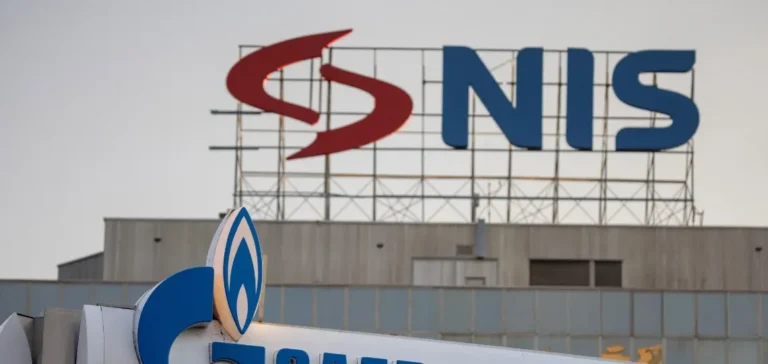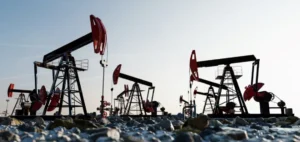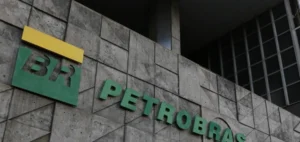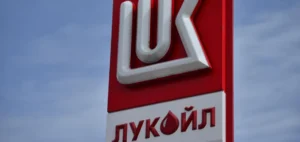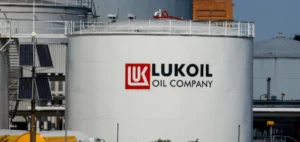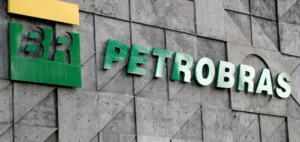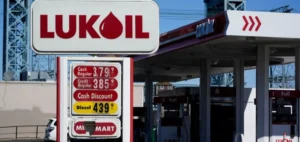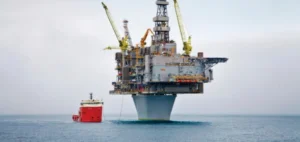The Serbian government is facing increasing pressure from the United States to force the full withdrawal of Russian shareholders from Naftna Industrija Srbije (NIS), which is partially owned by Gazprom Neft. American sanctions on this strategic oil company have been in effect since October 9 and will only be lifted if Russian ownership is entirely removed, according to Energy Minister Dubravka Djedovic Handanovic.
The US Department of the Treasury rejected a request by NIS lawyers to suspend the sanctions in exchange for a management reshuffle within the company. The American administration has explicitly demanded a change in the shareholder structure, excluding any Russian participation. This stance reflects a hardening of US policy on Russian energy interests in Eastern Europe.
Political pressure and supply concerns
NIS controls approximately 80% of the Serbian oil market and operates the country’s only refinery in Pancevo. The company has stated it holds sufficient reserves to continue operations until November 25. Faced with a potential supply disruption, the minister mentioned the possibility of a state-led takeover, while highlighting President Aleksandar Vucic’s strong opposition to any form of nationalisation.
An extraordinary government meeting is scheduled to address the available options. Serbia, an EU candidate country, remains one of the few European nations not to have imposed sanctions on Moscow, while continuing to rely heavily on Russian gas imports.
Shareholding structure under scrutiny
NIS’s current shareholding shows Gazprom Neft holds about 45% of the company, with the Serbian state owning nearly 30%. The remainder is held by various minority shareholders. Gazprom, the parent company of Gazprom Neft, recently transferred 11.30% of shares to Intelligence, a St. Petersburg-based entity, raising questions over a possible attempt to circumvent sanctions.
The minister indicated that US authorities had granted temporary authorisation for negotiations on the company’s ownership, valid until February 13, without pausing the active sanctions. This narrow diplomatic window forces Belgrade to find a swift structural solution to prevent an energy disruption.
Limited diplomatic manoeuvring room
According to Minister Djedovic Handanovic, the Russian side appears willing to relinquish control of NIS to a third party, a signal interpreted as a shift in Moscow’s stance. However, no guarantees have been provided on the timeline or terms of withdrawal.
She added that no grace period had been granted to maintain the company’s operational capacity. This lack of flexibility intensifies the political urgency for the Serbian government, now compelled to balance international commitments, energy needs, and national economic stability.


